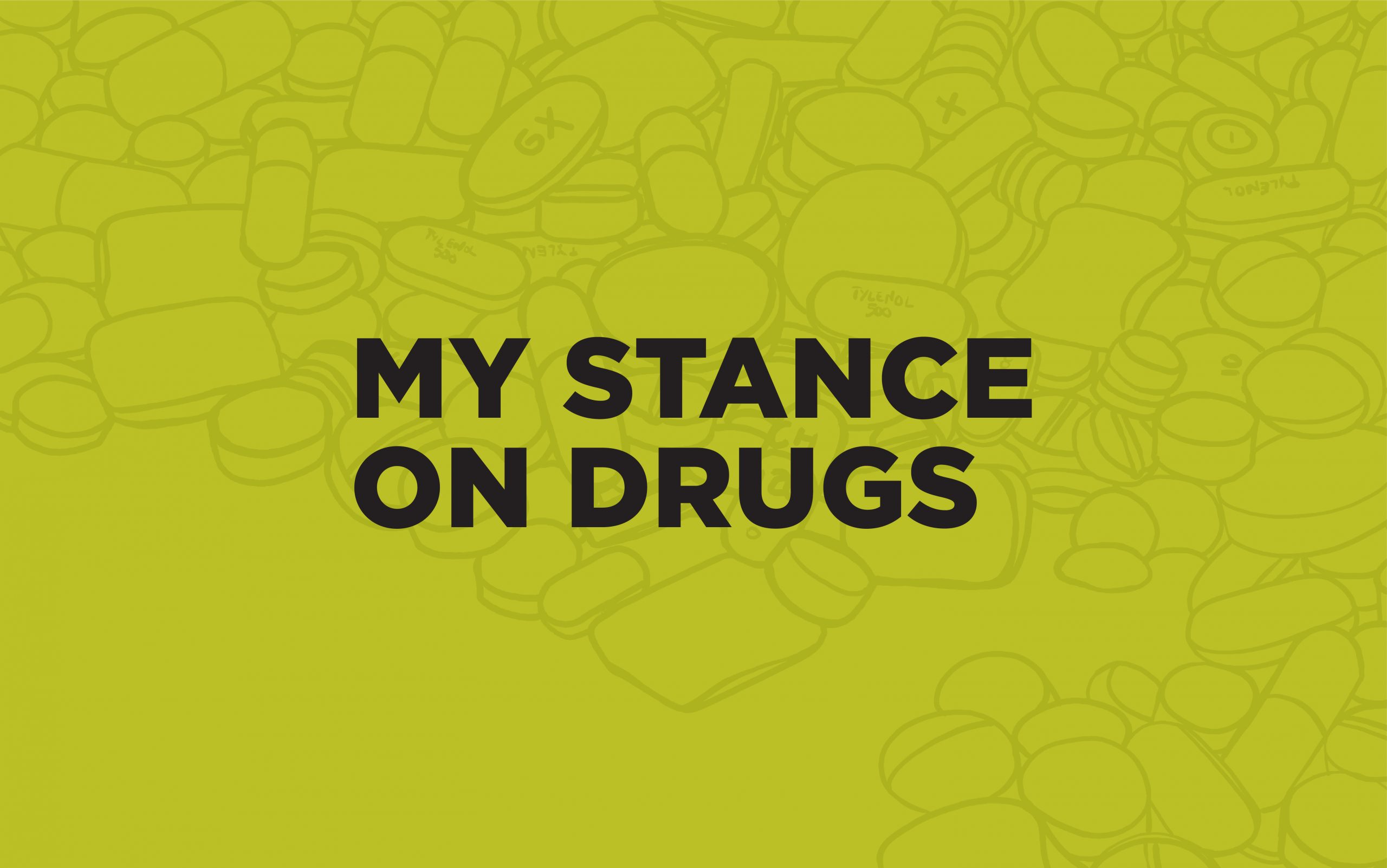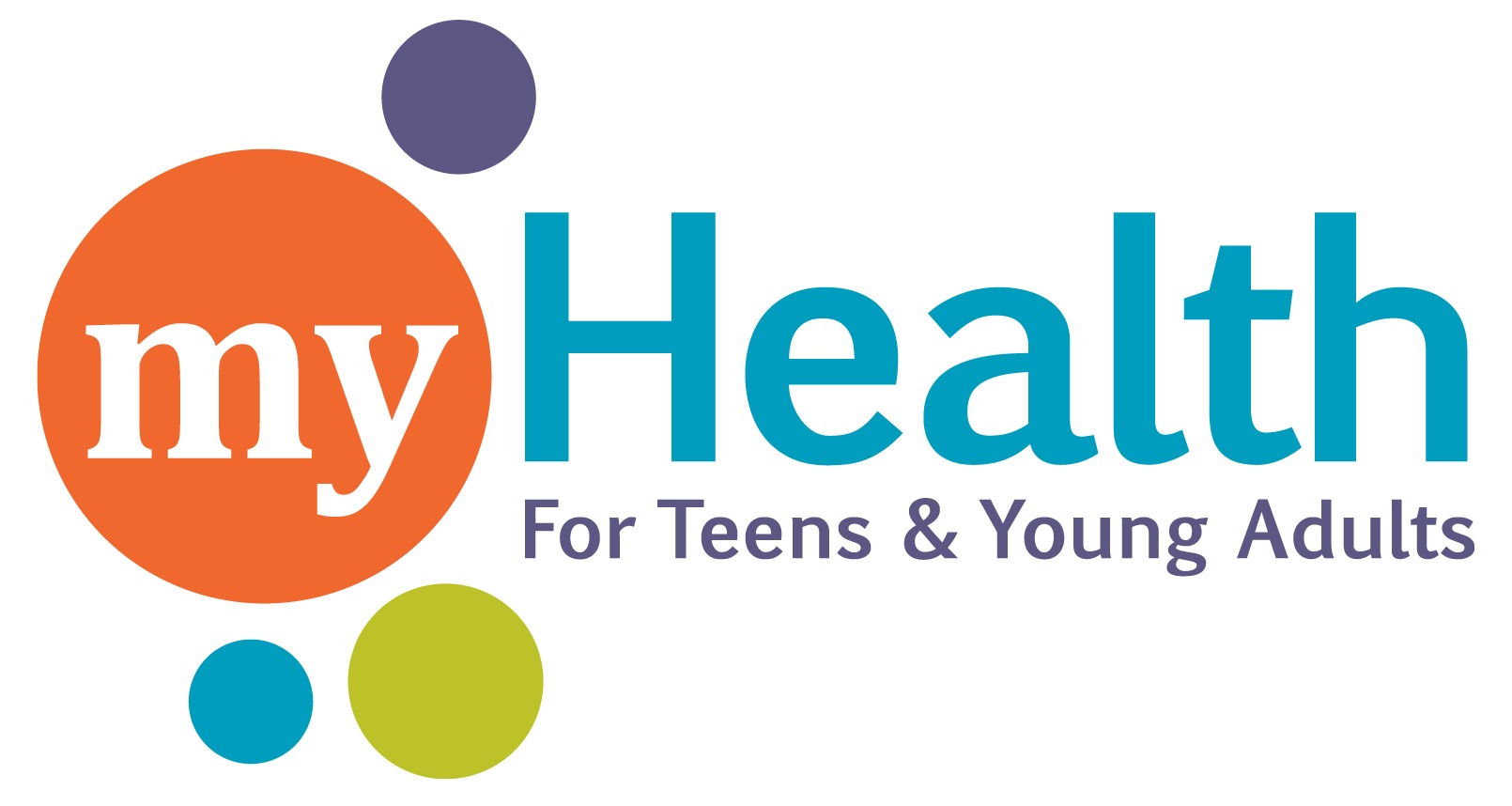
Drug use has admittedly not been an issue at the forefront of my mind through most of the high school. That’s not to say drugs haven’t been around, because of course, they have. Most people I know have experimented at least a little bit. Drugs have always been a part of the high school experience, from what I’ve seen. It’s never seemed like much of a problem, so long as it’s been limited to alcohol and weed, and even nicotine, although that one is a bit sadder. It’s human nature to want to try new things, but if a person wants to avoid drugs in high school it’s entirely possible. Nobody is going to force you to try their drugs, it’s a waste of money. My stance has always been that as long as people aren’t messing with anything too physically addictive, all is well.
My stance shifted in March, after a college visit. I had a break between classes at the University of Minnesota when by chance I ran into my older brother, a couple of days into a hellish, week-long acid trip. I didn’t know exactly what was going on because he wasn’t making enough sense to tell me, but obviously, something was wrong, and so I dropped everything to try to keep him safe. Everything about the situation was shocking, because it was my brother, and because he’d always seemed so happy and healthy and not at all psychotic. Nobody tells you what to do in situations like these, and I wasn’t at all prepared to deal with it alone. I called my mom, and the police, and we got him to the mental health clinic on campus, and then into an ambulance, and to the hospital. We spent most of the day in waiting rooms. The doctor sent him home almost immediately, even though he obviously shouldn’t have. Everyone was too scared to make any noise in our house. I was too scared to be at home at all. After a few days, we got him back into the hospital, where he stayed for the remainder of the week. It was terrifying to watch him put himself through hell, without knowing when, or if, it was going to end. He’s doing much better now, but March was a bad month for my family, and it was especially awful for him.
The thing about my brother was that he never tried any seriously addictive drugs. He was making his fair share of questionable decisions, but none of them was the kind I would have taken too seriously before March. I got a bit more touchy about drug use when I realized anything could happen to anyone. Trauma does that to a person. Fundamentally, my views haven’t changed much, but my experience made me realize that there are some major issues when it comes to awareness and communication surrounding drug use.
It’s unrealistic to tell kids to never use drugs. They’re going to do what they want, and if that’s to smoke weed and drink with their friends, so be it. Telling young people that they shouldn’t use drugs is about as effective as telling them not to have sex. Drugs aren’t going anywhere. Even when it looks like a common drug is dying out, companies specifically target young people with new iterations of the same thing, as we’ve seen with the fall of cigarettes and the rise of vaping. It’s not great, but it’s the truth.
Instead of telling kids that drugs are bad and leaving it at that, even if they are, parents should try to aim for open communication. Most parents have probably at least dabbled before, and hiding that from their kids doesn’t actually do any good. It’s more hypocritical than anything. Similarly, freaking out when you find your kid’s weed isn’t going to make them stop smoking, it’ll just make them more paranoid about being caught again. I think that the best thing a parent can do is to make drugs seem less taboo by being open about them. Obviously encouraging drug use is a bad idea, but teaching kids to be safer in their usage is within reason. If people are being honest about what they’re doing, the chances of things getting out of hand are a lot slimmer.
Parents should be a resource their kids can turn to if they need help, which means they need to come from a place of understanding. People should be taught that addiction is a health problem and not a moral shortcoming and that they have support systems in place, even if hopefully, they will never have to rely on them. They should be taught that a drug doesn’t have to be a scary, hard drug to be a problem. People should also have information available about the risks of drug use, and not just the “if you use drugs, you will die” type of information. It should be clear to people what they are getting into, and that they can get help for their drug use before it’s an emergency if they ever need it, and not get in trouble for it.
It’s never too soon for parents to start talking to their kids about drug use. It may not be fun or comfortable, but I would hope that the safety and competence that comes from an open dialogue is enough to outweigh the discomfort of talking about drugs with your kids. If you work at it enough, it should stop feeling awkward after a while. And to any young people reading, the chances are that your parents are more understanding and supportive than you think they are. Whether you need them or not, please trust that they are there for you.
Know that there are plenty of other resources to turn to when it comes to drug-related problems. Don’t be afraid to come to MyHealth with any questions you might have. In case of a more serious issue, here are some helplines:
24/7 National Drug Use/Addiction Hotline: 1-888-633-3239
Substance Abuse and Mental Health Services Administration (SAMHSA) National Helpline: 1-800-662-HELP
Lastly, if you are ever in a drug-related emergency and someone may be in need of medical assistance, don’t hesitate to call 911. Remember, it’s not illegal to do drugs, it’s only illegal to have them. Your safety is the top priority.

